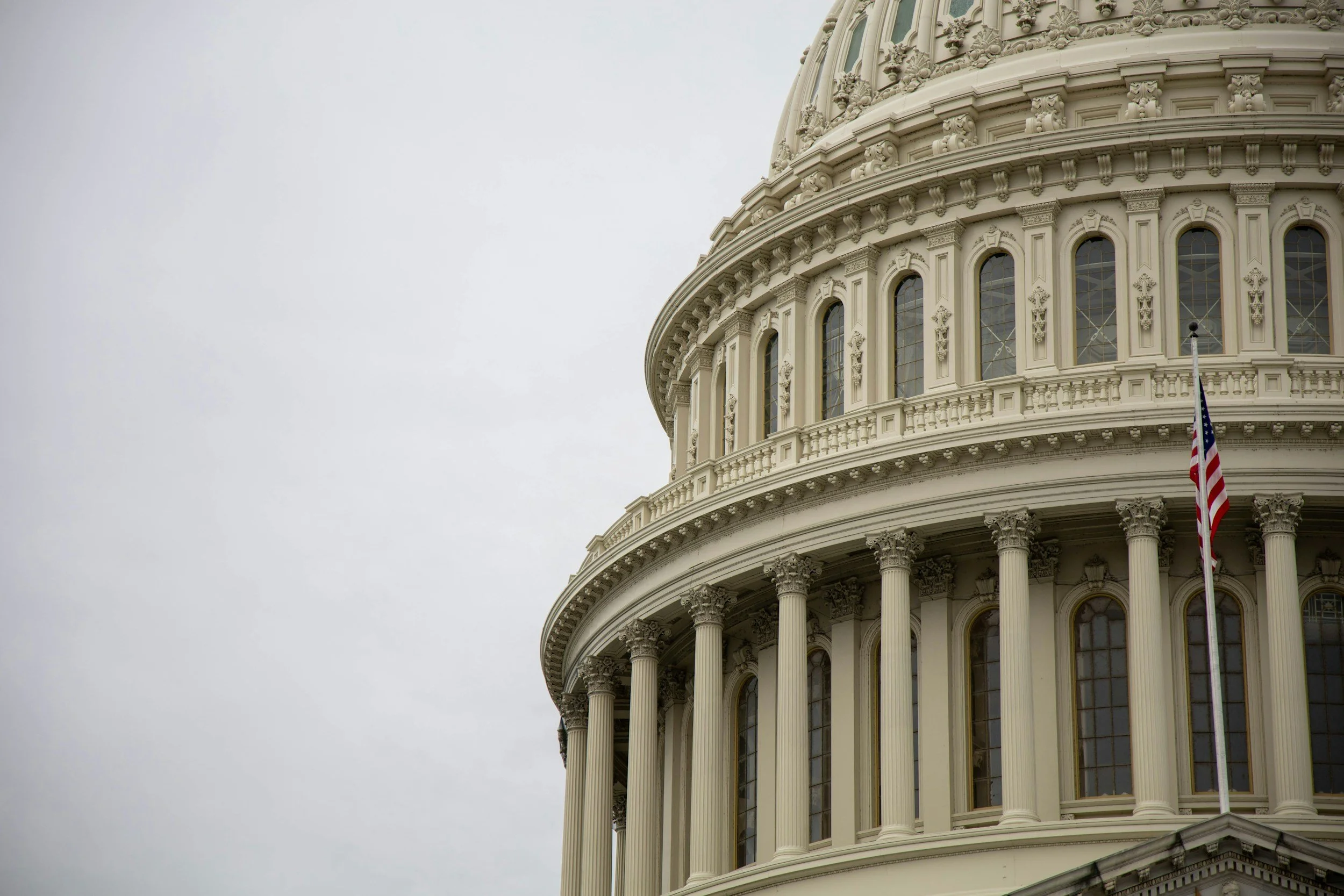Burma (Myanmar), Syria, and Venezuela are impacted; USCIS announces a new travel document for TPS beneficiaries.
Updates: Travel Restrictions Due to Coronavirus and Travel Ban+; Plus Implementation of Public Charge Rule Mid-February (Feb. 3, 2020)
Responding to the Coronavirus Situation, United States Restricts Travel From China
U.S. Health and Human Services Secretary Azar announced a ban on foreign nationals traveling from China and quarantines for U.S. citizens coming from China. The restrictions went into effect at 5:00 p.m. (EST) on Sunday, February 2.
Foreign nationals who have traveled in China within the last 14 days will be denied entry into the United States, with the exception of lawful permanent residents, immediate family members of U.S. citizens and lawful permanent residents, and certain others. Those not subject to the ban include:
U.S. lawful permanent residents;
The spouse of a U.S. citizen or lawful permanent resident;
The parent/legal guardian of a U.S. citizen or permanent resident, if the U.S. citizen or permanent resident is unmarried and under 21;
The sibling of a U.S. citizen or permanent resident, provided that both are unmarried and under 21;
A child, foster child, or ward of a U.S. citizen or permanent resident, or who is a prospective adoptee seeking to enter the United States pursuant to the IR-4 or IH-4 visa classifications;
A foreign national traveling at the invitation of the United States Government for a purpose related to containment or mitigation of the virus;
Nonimmigrant crew members;
Foreign nationals seeking entry or transiting the U.S. under an A-1, A-2, C-2, C-3, G-1, G-2, G-3, G-4, NATO-1 through NATO-4, or NATO-6 visa;
Foreign nationals whose entry would not pose a significant risk of introducing, transmitting, or spreading the virus, as determined by the Centers for Disease Control;
Foreign nationals permitted entry by the Secretary of State, the Secretary of Homeland Security, or their respective designees.
Any U.S. citizen or qualifying foreign national returning to the U.S. who has been in Hubei province in the 14 days prior to their entry will be subject to a mandatory quarantine of 14 days to ensure they have been provided proper medical care and health screening. Those subject to mandatory quarantines will be housed at U.S. military facilities.
Any U.S. citizen or qualifying foreign national returning to the U.S. who has been anywhere else in mainland China in the 14 days prior to their entry to the U.S. will undergo "proactive entry health screening at a select number of ports of entry," and up to 14 days of "monitored self-quarantine" to ensure they have not contracted the virus and do not pose a public health risk.
All flights from China to the U.S. as well as flights with passengers who have visited China will be channeled into eleven U.S. airports (see below).
Visa appointments are U.S. Consulates in China will be cancelled until further notice as of February 2, 2020. Foreign nationals with visa appointments or awaiting visa issuance from U.S. Consulates in China should check with the relevant consulate for the latest information on closures and consular operations.
Trump Administration Announces Expansion of Travel Ban to six additional countries
In a January 31, 2020, Presidential Proclamation, the Trump administration expanded its travel ban to place visa and entry restrictions on travelers from six additional countries.
What You Need to Know:
The six countries added to the existing travel ban are: Eritrea, Kyrgyzstan, Myanmar, Nigeria, Sudan, and Tanzania.
The expanded ban becomes effective at 12:01 a.m. (EST) on February 21, 2020.
The ban contains restrictions on immigrants but not on nonimmigrants, so it will not impact acquisition of nonimmigrant visas like F-1 student, J-1 exchange visitor, H-1B worker, etc., or of admission to the United States in those categories.
U.S. Supreme court authorizes dhs to implement 2019 public charge rule while litigation continues
On January 27, 2020, the U.S. Supreme Court issued an order lifting a nationwide injunction and permitting the Trump Administration to implement its 2019 Final Rule Governing Inadmissibility on Grounds of Public Charge under INA 212(a)(4) (“Public Charge Rule”) while litigation continues. DHS remains enjoined from implementing the Public Charge Rule in Illinois, where a lower federal court has imposed a state-wide injunction.
USCIS announced that it will begin implementing the Public Charge Rule on February 24, 2020.
The Public Charge Rule will apply to applications and petitions postmarked (or submitted electronically) on or after February 24, 2020. For applications and petitions that are sent by commercial courier (e.g., UPS/FedEx/DHL), the postmark date is the date reflected on the courier receipt.
USCIS has clarified that it will not consider an individual’s application for, approval to receive, or receipt of certain non-cash public benefits before February 24, 2020, when deciding whether the foreign national is likely at any time to become a public charge under the Rule.
The Public Charge Rule impacts those filing Forms I-129, I-485, I-539, I-864, and I-864EZ. These updated forms must be used beginning February 24, 2020, otherwise applications and petitions using incorrect editions of the forms will be rejected.
As a reminder, the 2019 Public Charge Rule changes how USCIS officers will adjudicate applications for admission to the United States, extension of stay, change of status, and adjustment of status:
The term “public charge” will be redefined to mean a foreign national “who receives one or more designated public benefits for more than 12 months in the aggregate within any 36-month period (such that, for instance, receipt of two benefits in one month counts as two months).”
The term “public benefit” will be expanded to include non-cash benefits such as Supplemental Nutrition Assistance Program (SNAP), most forms of Medicaid, and Section 8 Housing Assistance under the Housing Choice Voucher Program, among others.
Extension of stay or change of status applicants will be required to demonstrate that they have NOT received public benefits over the designated 12/36 month threshold since obtaining the nonimmigrant status they seek to extend or change.
Adjustment of status applicants subject to the public charge ground of inadmissibility (as determined on Form I-485) will be required to file a “Declaration of Self-Sufficiency” (Form I-944) with their adjustment of status applications to demonstrate that they are not likely to become a public charge. The applicants may also post a “public charge bond” in the amount of no less than $8,100 to help prove same.
Of course, if you or your employees have any questions about the above, contact us!
The information contained in website is provided for educational purposes only and not as part of an attorney-client relationship. It is not a substitute for legal advice.






